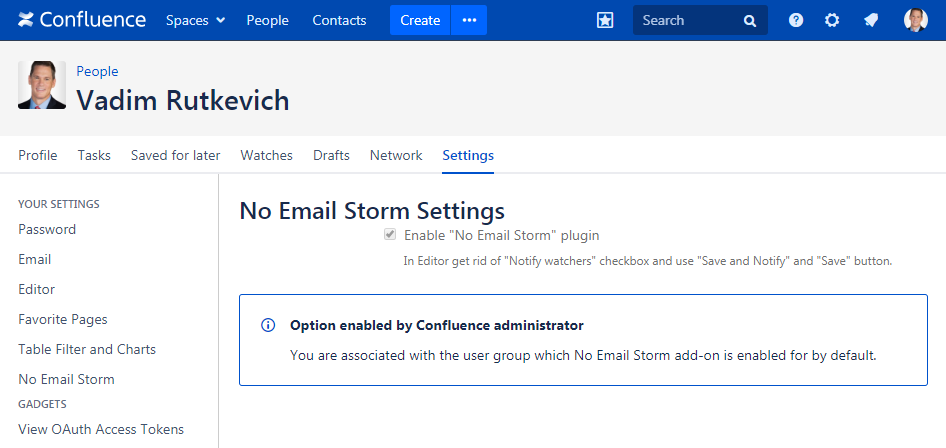
- #Youtrack add multiple watchers install
- #Youtrack add multiple watchers upgrade
- #Youtrack add multiple watchers code
That’s where WeightWatchers and Noom come in. But a better and healthier approach to weight loss is something more sustainable. You already know it’s not worth trying those crazy crash diets, juice cleanses, and pills. And while your health is more than a number on the scale, there are times that you might find that you want to lose a few pounds to feel your best. It takes discipline and motivation to reach your goals. Weight loss can be challenging, to say the least. Purchases you make through our links may earn us a commission.Įditor’s Note: WeightWatchers now uses "PersonalPoints". We are currently testing "PersonalPoints" for review. ]įor more documentation, see Sentry.Sources.- Recommendations are independently chosen by Reviewed’s editors. The second mix compile is required due to Mix only invoking the same task once in an alias. The example below allows one to run mix sentry_recompile & mix compile which will compile any uncompiled or changed parts of the application, and then force recompilation of Sentry so it has the newest source. It's possible to create a Mix Task alias in mix.exs to do this.
#Youtrack add multiple watchers code
The best way to ensure source code is up to date is to recompile Sentry itself via mix pile sentry -force. If a file is changed, and Sentry is not recompiled, it will still report old source code. To work around this, the Sentry library reads and stores the source code at compile time. Sentry's server supports showing the source code that caused an error, but depending on deployment, the source code for an application is not guaranteed to be available while it is running. The options described in the Sentry documentation linked above can be encoded into the response as well.Īn example Phoenix application setup that wanted to display the user feedback form on 500 responses on requests accepting HTML could look like: defmodule MyAppWeb.ErrorView doĬase Sentry.get_last_event_id_and_source() do :plug will be the source for events coming from Sentry.PlugCapture. If you would like to capture user feedback as described here, the Sentry.get_last_event_id_and_source() function can be used to see if Sentry has sent an event within the current Plug process, and the source of that event. If you are in a non-Phoenix Plug application, add Sentry.PlugCapture at the top of your Plug application, and add Sentry.PlugContext below Plug.Parsers (if it is in your stack). Sentry.PlugContext should be added below Plug.Parsers. If you are using Phoenix, first add Sentry.PlugCapture above the use Phoenix.Endpoint line in your endpoint file. Sentry.PlugContext adds contextual metadata from the current request which is then included in errors that are captured and reported by Sentry.PlugCapture. To use the default ones, do: defp deps doĬapturing errors in Plug applications is done with Sentry.PlugContext and Sentry.PlugCapture. Sentry will default to trying to use Jason for JSON operations and Hackney for HTTP requests, but can be configured to use other ones.

#Youtrack add multiple watchers install
Sentry does not install a JSON library nor HTTP client by itself. To use Sentry with your projects, edit your mix.exs file and add it as a dependency.

#Youtrack add multiple watchers upgrade
If you would like to upgrade a project to use Sentry 8.x, see here. Documentation for Sentry 7.x can be found here. Sentry 8.x requires Elixir 1.10 and Sentry 7.x will be maintained for applications running prior versions. This documentation represents unreleased features, for documentation on the current release, see here. The Official Sentry Client for Elixir which provides a simple API to capture exceptions, automatically handle Plug Exceptions and provides a backend for the Elixir Logger.


 0 kommentar(er)
0 kommentar(er)
